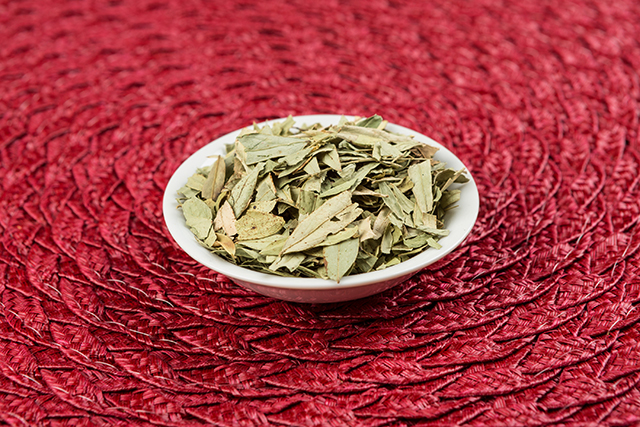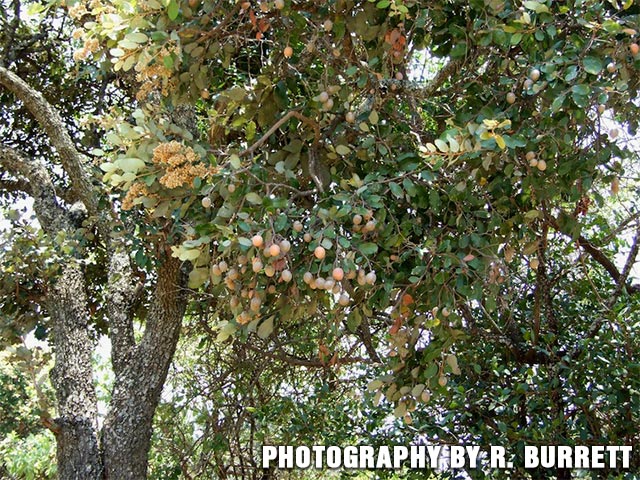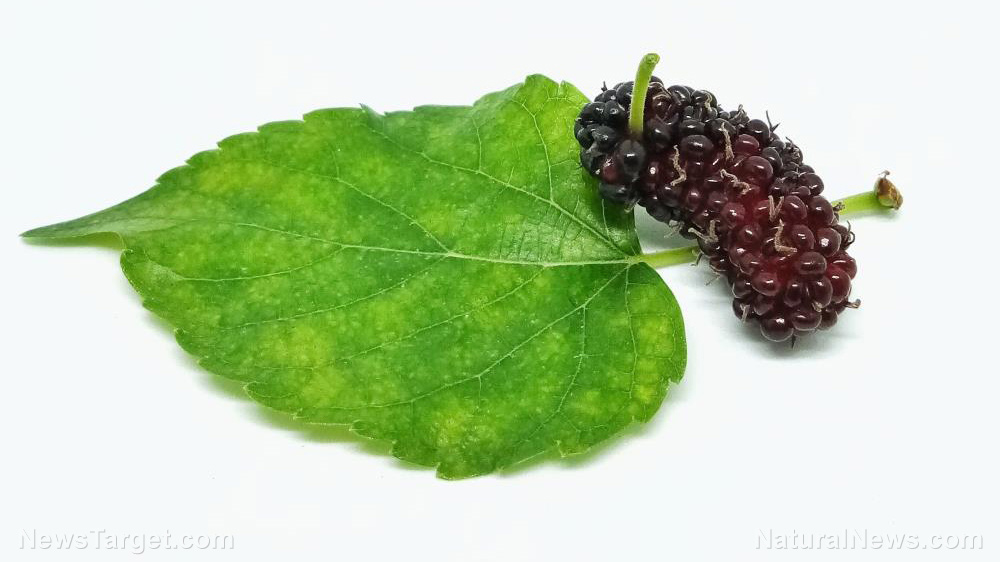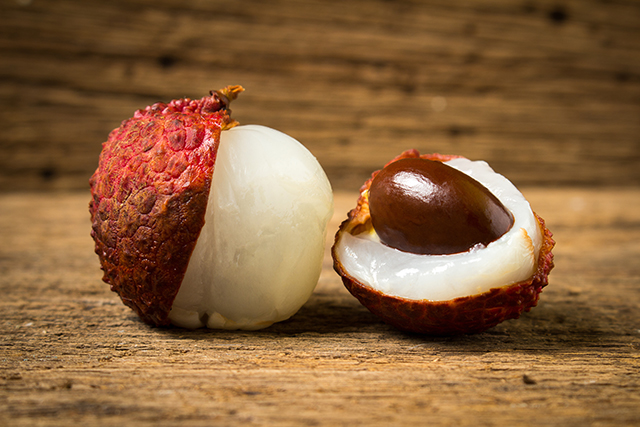Edible red seaweed found in many dishes from Korea, Japan, and China found to prevent neurological disorders
11/28/2018 / By RJ Jhonson

Gracilariopsis chorda, an edible species of red seaweed, is used as food in Korea, Japan, and China, as well as a medicinal ingredient. In a study published in the Journal of Medicinal Food, researchers examined the seaweed’s ability to promote neurite extension in rat hippocampal neurons.
- Past studies have found that G. chorda ethanol extract (GCE) has potential neuroprotective effects on hippocampal neurons.
- The researchers treated hippocampal neurons with varying concentrations of GCE. The cells were then stained with lipophilic dye DiO to make it possible to observe neuronal morphology.
- Observations revealed that GCE caused an increase in neurite outgrowth in a concentration-dependent manner, with the ideal concentration being 30 micrograms per milliliter (mcg/mL).
- In particular, the treatment promoted neuronal differentiation and enhanced axonal and dendritic arborization in a time-responsive manner.
- To determine if this effect was related to arachidonic acid, G. chorda’s active component, the researchers tested just the compound’s effect on neurons and observed results similar to those seen from GCE.
The authors’ concluded that GCE and arachidonic acid found in G. chorda may be useful for treating and preventing neurological conditions.
Learn how you can care for your brain at Brain.news.
Journal Reference:
Mohibbullah M, Hannan MA, Park I-S, Moon IS, Hong Y-K. THE EDIBLE RED SEAWEED GRACILARIOPSIS CHORDA PROMOTES AXODENDRITIC ARCHITECTURAL COMPLEXITY IN HIPPOCAMPAL NEURONS. Journal of Medicinal Food. 14 July 2016;19(7):638–644. DOI: 10.1089/jmf.2016.3694
Tagged Under: arachidonic acid, brain function, brain health, edible red seaweed, food as medicine, food cures, Gracilariopsis chorda, herbal medicine, medicinal food, natural cures, natural medicine, nervous system, neurological disorder, seaweed


















